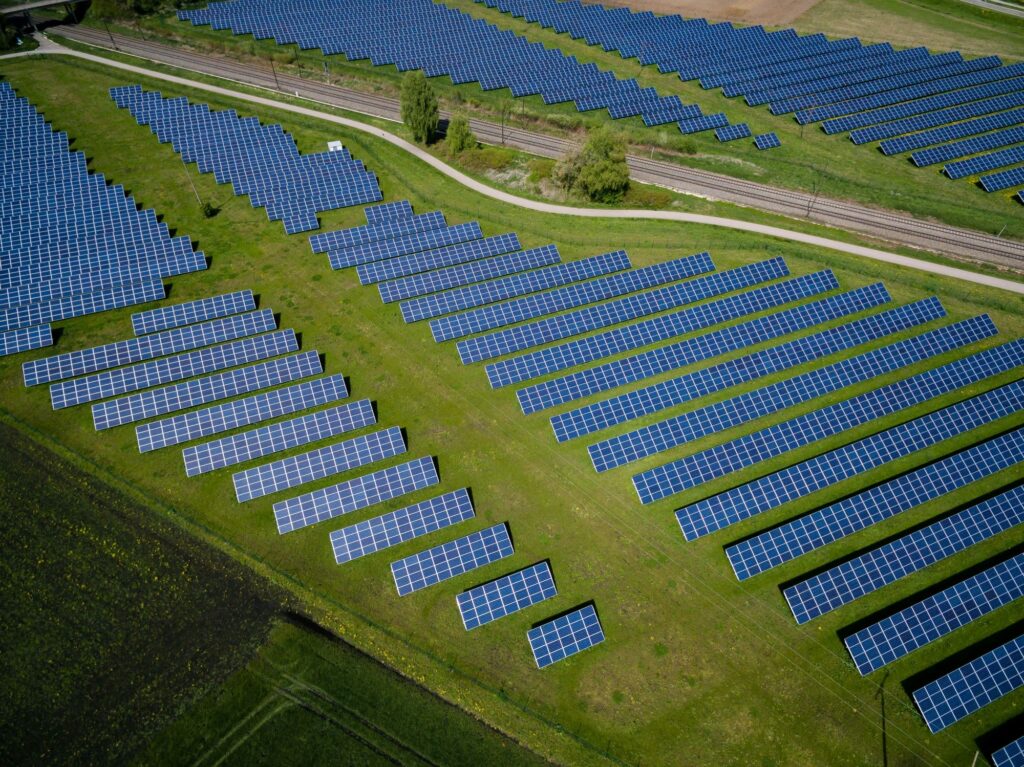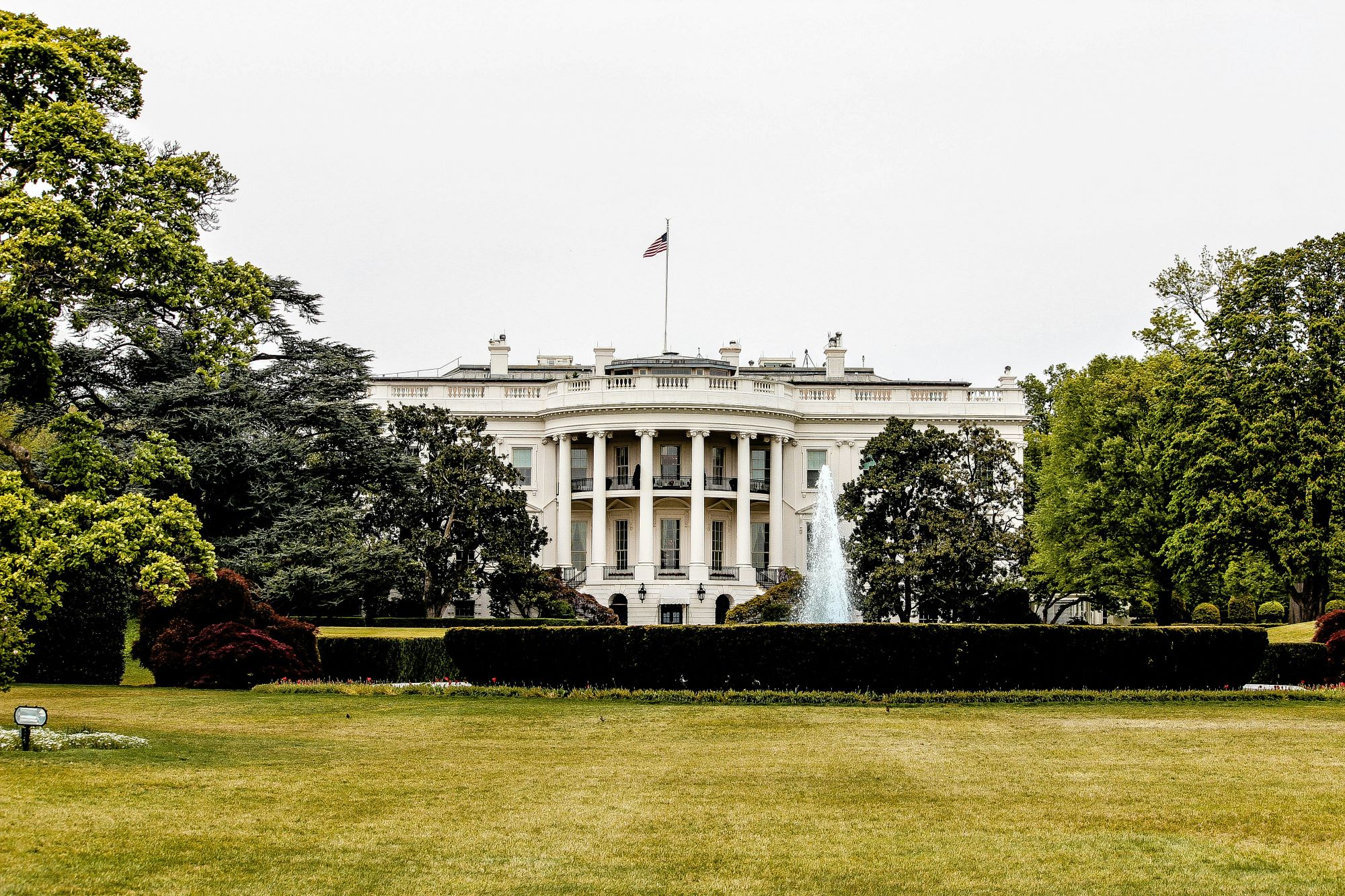As I’m writing this piece (September 27), we are less than six weeks away from the U.S. election. It looks to be a historically close election that reflects the deep and persistent structural divisions present in our neighbour to the south.
Since I’m not in the polling and forecasting business, predicting the winner of this tight race is not in my wheelhouse. However, when it comes to your investment portfolios, my view is the election outcome will likely have less of an impact than you may imagine.
Sentiment around which candidate has a stronger economic agenda has been mixed. Last month, a report from a Goldman Sachs analyst found that Vice President Kamala Harris’s policies would be better for the economy than former President Donald Trump’s. Meanwhile, a majority of respondents to a recent Bloomberg survey said they would increase their exposure to equities if Trump won compared to only 28% who would increase exposure if Harris won.
The message may seem muddled, but what’s clear to me at a high level is the investment landscape is unlikely to significantly change no matter who wins on November 5. The U.S. is and will remain an aggressively capitalist country, regardless of the party in power. Yes, there will be some changes on the margins, but they’ll likely be less profound than many expect.
That said, even if the impacts on the investment landscape are less dramatic than some are predicting, it’s crucial to be prepared for either outcome and understand the key differences where they might be material. Through my research and conversations with my tremendously knowledgeable colleagues, here are four areas strongly linked to investment performance that could be handled very differently depending on the election outcome.

Trade
Both parties will continue to view the U.S.-China relationship in a highly competitive way and implement further trade restrictions. Trade with the rest of the world is where the two candidates differ.
Harris would continue the President Joe Biden administration’s conventional approach to trade in which trade barriers and tariffs are narrowly used for specific sectors and strategic reasons.
Trump believes tariffs can be used as a negotiating tactic, utilizing them in broader and deeper ways than ever before, even in negotiations with U.S. allies. This could have major implications for both the U.S. market and its trade partners, including Canada.
Aggressive trade policies from the Trump administration could have wide-ranging impacts on the investment landscape and may lead to increased market volatility, currency fluctuations, supply chain disruptions and mounting inflationary pressures. I believe these impacts would likely be avoided under a Harris administration due to her more moderate stance on trade.
Energy Policy
A Harris administration would continue to focus on the energy transition and support the acceleration of renewable energy projects. She would likely build on the Biden administration’s policies that invest in wind, solar, hydrogen, and electric vehicles.
A Trump administration would be much more skeptical about renewables and focus primarily on increasing fossil fuel production. Although Harris has moderated her position on fracking, Trump would be significantly more supportive of domestic energy exploration.
From an investment standpoint, traditional energy sectors and oil and gas production would benefit under Trump while renewables would face headwinds and slower growth. Under Harris, the opposite would be true as her administration would continue charting a long-term path toward decarbonization.

Regulation
Trump’s administration and the conservative-leaning Supreme Court are known for anti-regulation policies.
If Trump is elected again, investors may benefit from sectors currently constrained by regulations. Sectors like banking, manufacturing, drug development, defense, and fossil fuel-based electricity generation could become significantly more profitable under Trump compared to Harris.
This is not to say that they would necessarily become less profitable under Harris than they are at this time. In terms of profitability alone, investments in these sectors may outperform under Trump, but I don’t expect them to underperform under Harris.
Fintech
Trump has declared himself to be your “bitcoin president” vowing to bring into creation a “bitcoin reserve” if he is elected. I believe there will be an aggressive bid to this burgeoning asset class if he wins.
That said, this would be a short-term move. Ultimately, financial services are being revolutionized every day, and cryptocurrencies look like they will have an increasingly large part to play in this revolution. Having a cryptocurrency that is embraced globally, based in the U.S. and mostly legislated and controlled domestically would be a tactical advantage for their government.
As of this writing, Democrats have begun to soften their stance towards crypto innovation. This is partly a play for votes, but that’s not the entire story. Democrats also appear to recognize that if they sabotage the adoption of U.S.-domiciled cryptocurrencies, they would potentially pave the way for a competing nation to take the lead in the space while making the U.S. play second fiddle in a band that they might otherwise lead.
One Key Similarity to Understand
A central theme across both candidates’ platforms is the absence of spending cuts. The U.S. continues to spend more than it collects in tax revenues, meaning the deficit is likely to increase regardless of the election outcome. This will be a primary driving force in investment markets over the next decade.
If you evaluate the U.S. government like you would a business, the issue becomes clear: the country aims to borrow and spend more, even though it can’t afford its current debt payments. This is a bit like borrowing from a line of credit to pay a mortgage. The difference between a business and the U.S. government, is that the U.S. controls its own currency and if it can’t borrow the money, it will just “print” enough to cover payments it can’t afford. If this sounds like it can’t go on forever, just know that there is a pressure release valve—the value of the currency itself.
It’s also important to recognize that most Western economies, like ours in Canada, are on a similar path. As a result, we can expect the value of currencies to decline globally. In other words, foreign exchange rates may remain relatively stable, but assets and goods and services costs are likely to climb significantly. We may well see governments try to solve their fiscal challenges by inflating their way out, using newly printed money to pay off older, more expensive debt.
So, What Does the U.S. Election Mean for the Investment Landscape?
If Harris wins, things will likely remain the same as she continues Biden administration policies that she helped implement. The market would likely continue with strength in the near term.
If Trump wins, we will likely see large reversals of regulations for many industries, reducing red tape and increasing profits. The market would continue with strength in the near term.
Though different sectors may outperform, both candidates would likely be a boon for equity markets. They would after all, both be Presidents of the United States and as Warren Buffett famously said: “Never bet against America.”
– Simon Harry, CIM, CFP®, FCSI®

